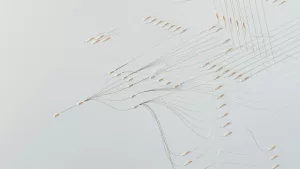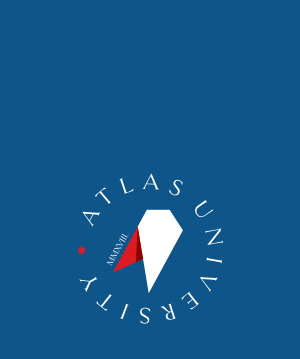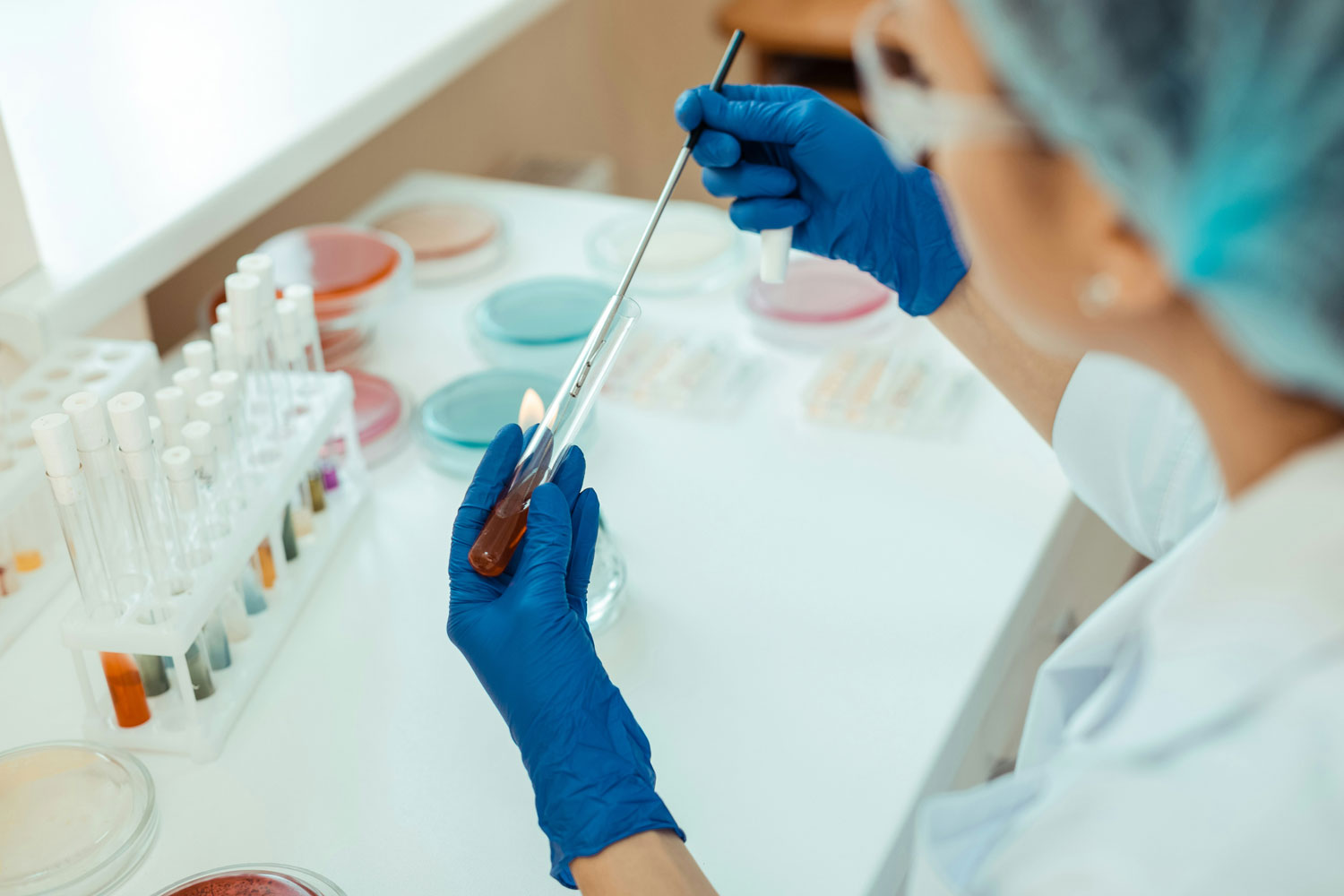The purpose of the Medical Laboratory Techniques Program is; To train medical laboratory technicians who have the knowledge and skills to perform biochemical, microbiological, pathological and hematological analyzes of medical materials using the equipment, machines, tools and equipment in the laboratories they work in. Medical laboratory technicians can improve themselves in certain areas by helping experts in the healthcare institution where they work. They have the ability to perform tests in the fields of pathology, biochemistry, microbiology-parasitology and cytogenetics.
What are the qualifications required by the program?
Our students who are interested in Atlas University Medical Laboratory Techniques Program must be successful in the YKS (TYT) score type. The purpose of the program; To train medical laboratory technicians who have the knowledge and skills to perform biochemical, microbiological, pathological and hematological analyzes of medical materials using the equipment, machines, tools and equipment in the laboratories they work in.
What opportunities does the program offer to its students?
Medical Laboratory Technician learns to use radiology devices that create the images necessary to provide medical diagnosis. The operation of these devices, which are high-tech products, requires theoretical knowledge and experience.
Our program, which offers comprehensive education with an expert academic staff and a multidisciplinary approach, enables our students to gain the highest level of professional experience while studying, thanks to laboratories designed for applied courses and internship opportunities.
In which fields can graduates find employment opportunities?
Our graduates; They can work in laboratories in public and private sector health centres, hospitals and polyclinics. In this context, they can work in clinical biochemistry laboratory, serology laboratory, microbiology laboratory, parasitology laboratory, hematology laboratory, blood bank and medical biology and genetics laboratory. In addition, in the production or quality control units of the pharmaceutical industry; In the field of medicine, they can work in research laboratories of hospitals and universities, private medical laboratories and companies that produce or market medical laboratory materials.








